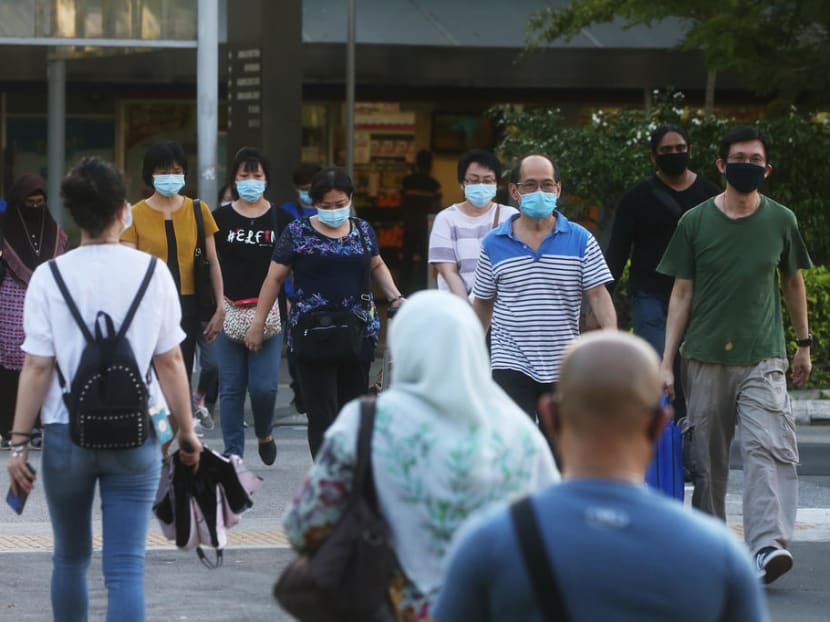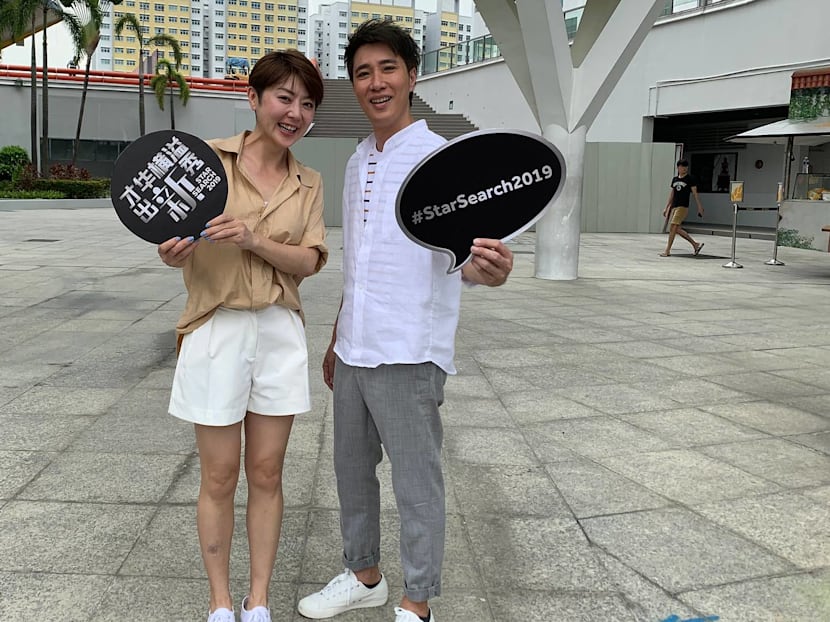A place for every Singaporean
When my parents found out in 1992 that I was gay, they sent me for conversion therapy. At just 14 years of age, I was told that I was broken and that we needed to pray the gay away.

The crisis of a generation brought about by Covid-19 is an opportunity for us to define ourselves as a nation.
When my parents found out in 1992 that I was gay, they sent me for conversion therapy. At just 14 years of age, I was told that I was broken and that we needed to pray the gay away.
Even though I never blamed my parents, the effects were horrific. I believed what they told me — that I was so bad and broken that I could never be repaired.
I spent 16 years of my life in a drug-fuelled haze, neither able to face the pain or shame I felt when sober, nor able to accept the life that I was leading.
Today, I am deeply grateful to have recovered and to devote my time to paying it forward.
As founder of a substance addiction recovery centre for marginalised and vulnerable communities, I meet people like me every day.
People who feel rejected by their families, people who feel ostracised from society, people who have been treated so badly that they feel like they deserve it.
Even though we come from different schools, different faiths, different races, our stories are startlingly the same.
All of us have been through some form of rejection, some form of trauma — we drink and use drugs to take the pain and shame away.
People who have been traumatised tend to be self-centred. It’s a trait that’s often mistaken for selfishness, and few have the patience to learn the difference between the two.
Traumatised people aren’t preoccupied with their own needs and wants because they’re selfish, but because lived experience has shown them that if they don’t prioritise their own survival, nobody will.
Choosing to place their welfare above the welfare of others is literally the difference between life or death. This can sometimes make the rooms of recovery uncomfortable places to be in.
Having so many anxious, sensitive and fearful people in the same room is a recipe for disaster, if not for ground rules. There are many different recovery programmes at our centre, but they all have their ground rules.
We created our rules from both spiritual and non-spiritual systems of recovery:
Please do not interrupt anyone while they are speaking
Please listen with the assumption of best intentions and say “ouch” when triggered
Please do not offer advice, only share experience
Please refrain from imposing our values on others
Please refrain from any form of judgement
Even though these rules look simple, some people struggle with them. Those who are anxious, hurt or frightened often feel the need to protect themselves by lashing out, or controlling what others do.
At times like these, we learn to hold space for them. Holding space requires us to sit with someone without judgement.
This sense of safety allows people to share what they feel without fear of repercussion.
I am invariably surprised by how willing people are to treat others well once they feel seen and heard.
It affirms my belief that people are essentially good, want good things for themselves and others, and are fully capable of making good decisions as long as they feel safe and valued as a person.
It is the nature of all things to thrive, not just survive, given the right conditions.

Since we aim to be a safe and supportive environment for people to learn, change and grow in, we call ourselves The Greenhouse.
There’s an actual garden in our centre that we take great pride and joy in, because we learn so much just by looking at it.
Recently, I came across an article in The Straits Times, in which Home Affairs Minister K Shanmugam talked about how the amended Maintenance of Religious Harmony Act would protect both religious and non-religious groups, including the LGBT community.
He explained how the approach stems from the position that every Singaporean has a place in Singapore. I find it hard to describe what a deeply emotional experience reading that article was for me. It felt like something deep within me finally fell into place.
Like I could finally stop apologising for existing, like I could finally stand up straight and take up space. It was also the moment that I understood a simple truth — that my feelings are valid, my needs are valid, my life is valid; and that my story, though different from most, is also a Singaporean story.
Singapore is one of the most pluralistic societies in the world, and it is natural for us to hold different beliefs.
Living in close quarters, friction is inevitable. But it can’t be stressed enough how easy it is for a country like ours to become embroiled in identity politics.
How easy it is for those who feel anxious and fearful to insist that we all be the same in order to feel safe.
And when a family bickers, it never matters who wins the argument. Everyone loses.
In recovery, people of different faiths are brought together — as much in their need for love, support and acceptance as their desire to love, support and accept each other. It doesn’t matter where we come from — certain truths are universal.
The measure of a society isn’t in how we treat people who are the same, but in how we treat people who are different.
In how we honour the experiences of people we do not always agree with, and how we tend to the needs of the least understood among us.
I’ve seen how life-giving, how life-changing it can be when we listen to each other without judgement.
The crisis of a generation brought about by Covid-19 is an opportunity for us to define ourselves as a nation.
I humbly invite us to look at the garden we’re creating together, and hold space for each other.
ABOUT THE AUTHOR:
Alaric Tan is founder and executive director of The Greenhouse, a substance addiction recovery centre for marginalised and vulnerable communities. This piece first appeared in The Birthday Book (2020), a collection of 55 essays on the theme “Seeing Clearly”. TODAY will be publishing other essays from the book.









